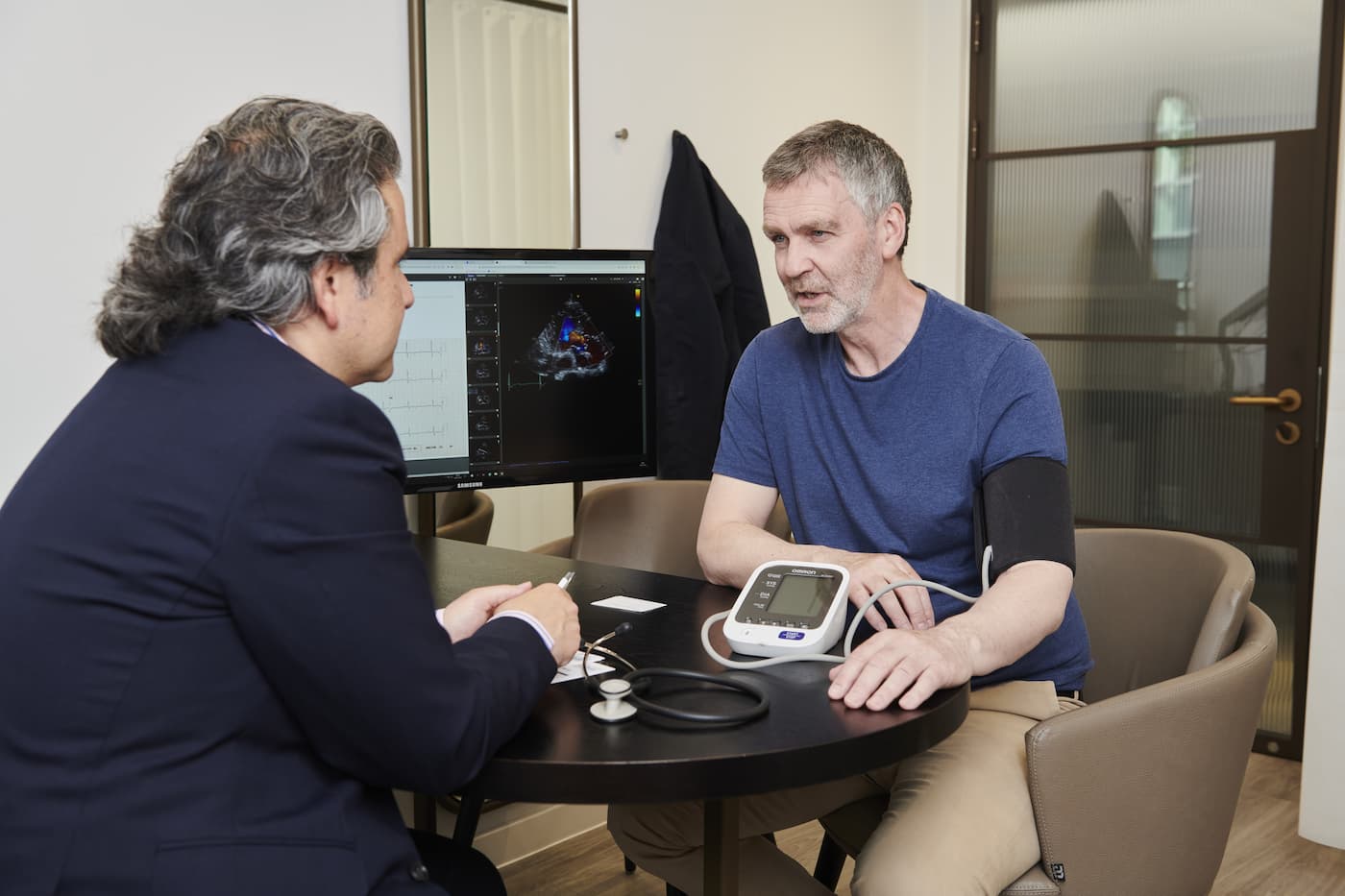A healthy heart is central to overall good health. Being conscious what affects your heart health is crucial to understanding how your lifestyle affects your overall health, and what can increase your risk of cardiovascular disease over time.
Cardiovascular disease is a general term for conditions affecting the heart or blood vessels. The most common cardiovascular diseases are heart attack, stroke, heart failure, arrythmia, and heart valve complications. According to the British Heart Foundation, there are roughly 7.6 million people in the UK living with heart and circulatory diseases, causing an average of 450 deaths every day.
With cardiovascular diseases causing a quarter of all deaths in the UK, it’s clear that individuals managing their heart health is of utmost importance. Fortunately, the OneWelbeck Heart Health team is here to help patients do just that.
